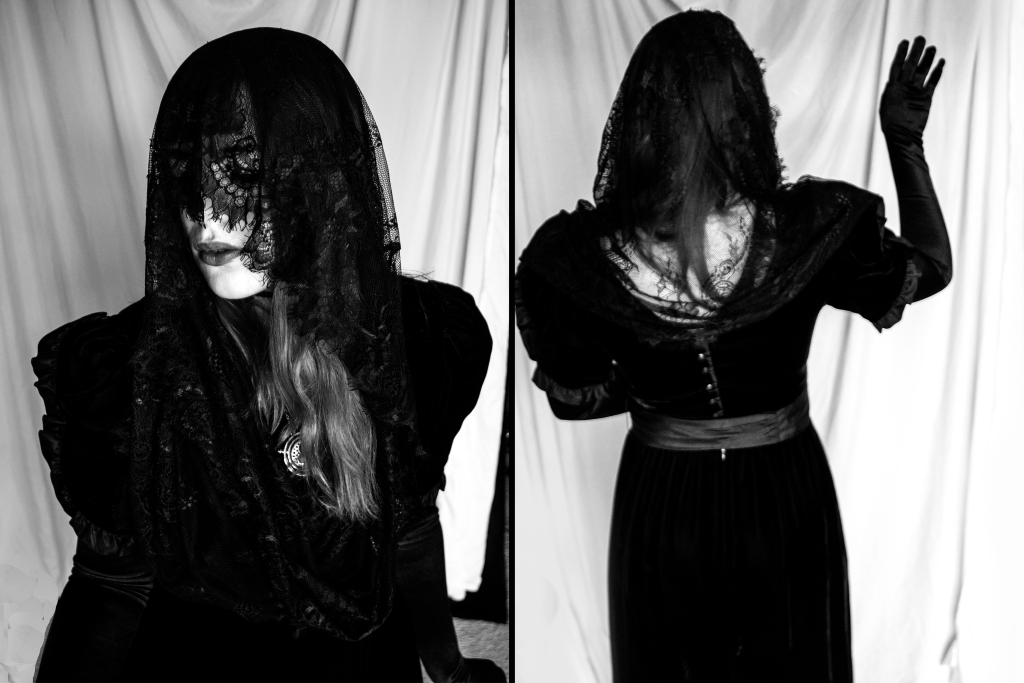
Marriage means many different things, for many different people, in many different cultures; some may love it, others may enjoy the idea of it, and more still may feel that it is a practical decision for legal reasons and the joining of assets. Whatever one’s thoughts may be on marriage, there are some societies within which this agreement between two people may manifest itself through very toxic ideas within the minds of those who know the people getting married. There is much to be said for what occurs prior to any marriage of two people, but what about the way family and friends, and even strangers, perceive a person after they have said ‘I do’?
There exists this idea within certain cultures that marriage is one of the highest and most honourable achievements that people, particularly women, can attain. The notion that the initial part of one’s life is spent searching for someone to marry, and that once found, one is entirely complete, and forever altered – happily bound to this person they have chosen to couple up with. Through this line of thinking, families, and sometimes friends, tend to place an incredible amount of pressure on a human who has been wed. The greatest pressure of all, perhaps, is the expectation for one to go through a change simply because they have signed a piece of paper and are now married.
Allow the image of a Maltese woman who has recently become a wife to appear before your eyes – she has been married to a man, and now has an extended family and group of friends who know and love the man she is now married to. Many celebrate her, within the context of her marriage, and in relation to her husband, but the celebration stops there. Many show interest in her, but the interest wavers once it reaches the limits of being related to her marriage. The woman is Married, with a capital ‘M’ – and she must now act like it. Every conversation about her seems to start and end with her role as a wife.
Does this seem far-fetched?
Allow this image, then – a Maltese man leaves his family home and the constant care of his mother, only to run directly into the arms of his new wife. The wife is obliged to welcome this – under the constant gaze of her mother and father-in-law – after all, it is expected that the life of the wife must now shift to maintaining a focus on her husband, their house, cleaning and ensuring everything is well ordered, aside from anything else she wishes to do that is, but the latter comes secondary. Her needs and passions do not take priority over fitting the role that she has chosen. The house is dusty. Clothes need folding. She’ll just handle it herself. He just doesn’t really like changing nappies. He just never really learned how to cook for himself, it isn’t his fault.
Does this seem far-fetched?
Sadly, they are not. These scenarios are very much alive, and are embedded within the language with which we speak to newlyweds all the time. Society puts so much pressure on those married into families, and daughters-in-law in particular tend to receive a gargantuan list of expectations to live up to. Things that are seemingly required of her simply due to the fact that she is now married to someone. Whilst it is not the case in all relationships, we must not disregard the multitude of cases that do exist. This particular dynamic may shift and morph, and is not limited to the heterosexual marriage, but becomes no less toxic and damaging as it shifts and morphs and permeates the lives of those who have simply decided to marry each other.
The most vital question here is, why does society sometimes believe that marriage should change anyone at all? The notion that is held that marriage is the ideal, the norm and a necessity is probably at the root of this. A child is born and they are told that the day they get married is going to be the best day of their lives. A parent acts as if the primary goal of nurturing a child is to allow them to grow up and get married so that they are ‘in someone else’s hands now’; a cycle that is repeated and placed at the centre of all of one’s life – thus creating an intense focused pressure point surrounding the topic of Marriage. A before, and an after. The prior being when life is fun and free, the latter when one needs to shapeshift into some form of married hermit-creature that is entirely different from what existed there previously.
As opposed to being a day that adds to life in interesting ways, the day one gets married is presented to us as something that is akin to a new skin, a new self and a new reality entirely. Some may say that this is exaggerating, but it truly feels like this for many who have gone through their wedding only to come out the other side being treated as if they are no longer an individual with a universe inside their brains.
It is incredibly isolating for those who are married to be placed in such specific boxes and to be showered in tropes. Strange, messy, multi-faceted people do not stop being strange, messy, multi-faceted people simply because they sign a piece of paper with someone else. A partnership like marriage should be viewed as one aspect of life that is added on to all the other aspects of life, rather than an all-encompassing event that shifts the very veil of time and space. Getting ‘hitched’ can be a beautiful thing, and is for so many, but it is not the pivotal point of change that many make it out to be, and the pressure for it to exist as this needs to end.
Contextualising people based on whether they are married or not leads society down perilous terrain; that littered adults who are married and feel a deep emptiness because they are constantly referred to purely in relation to their spouse, all the while harbouring potential resentment and anger that never truly goes away. Marriage is but one potential aspect of life that may or may not be part of someone’s story, and it should not be tainted with the weight of societal expectation, and should certainly not come with the expectation for anyone to change who they are simply because they have a ring on their finger.
#għajjejtuxbajt
Do you have an experience you’d like to share with us at wham, either in your name or anonymously? Contact us or send us an email at [email protected]

Għajjejt u Xbajt is a feminist platform by and for feminists, and those with questions for them. It is a non-judgemental space for all who strive for the same aim: equality and progress. They don’t claim to have all the answers, but are very dedicated to posing the questions. #għajjejtuxbajt





